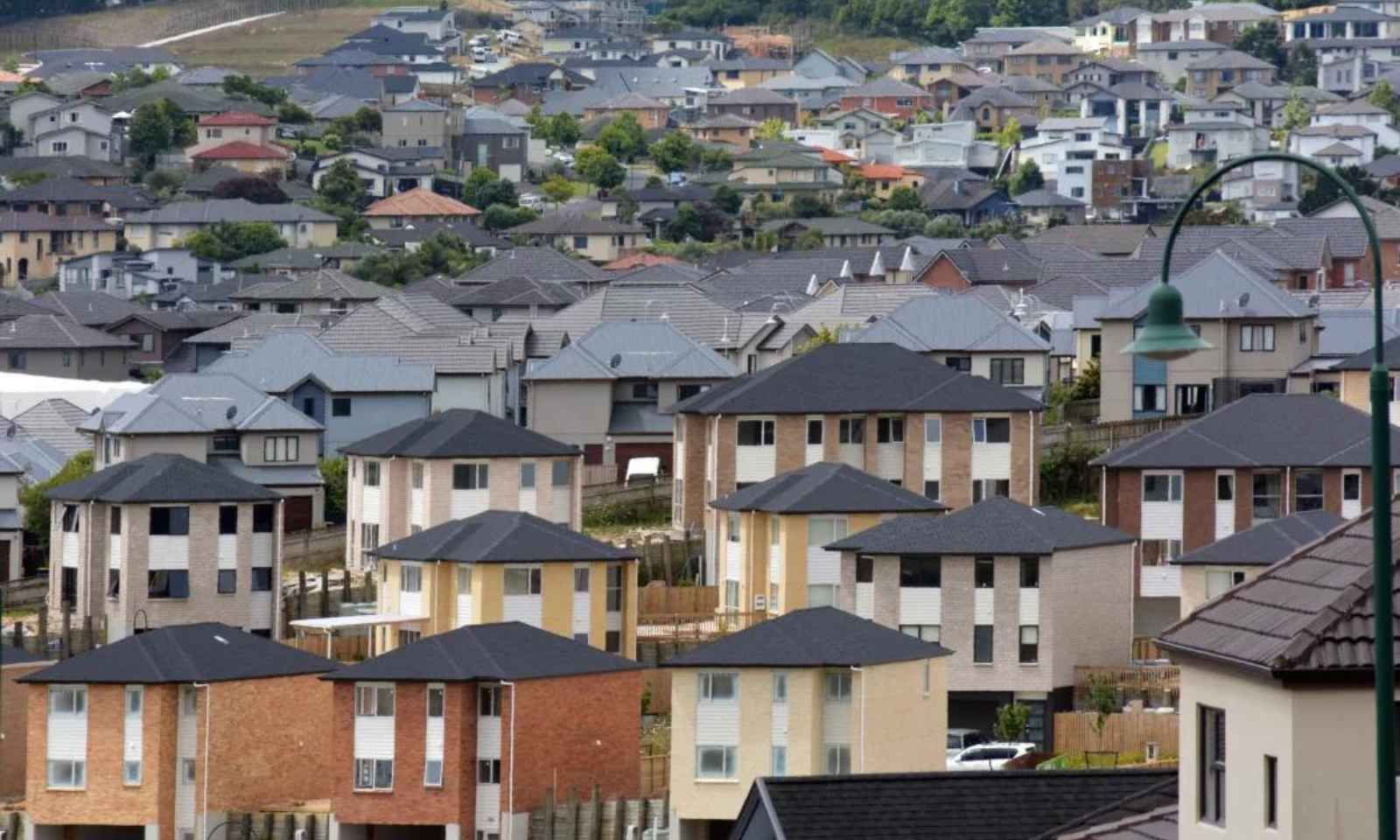

The country's social housing system isn't financially sustainable or delivering the homes people need, an independent review has found.
Photo/supplied
Major shake-up promised for Kāinga Ora
An independent review found that the government housing agency has been underperforming and is not financially viable.



Moana Pasifika end Lautoka curse to win 'Battle of the Pacific'


Budget relief buys time for Ōtara-Papatoetoe, but pressures remain


Moana Pasifika end Lautoka curse to win 'Battle of the Pacific'

Kāinga Ora’s spending has come home to roost, but an emergency housing provider says the government’s response to fixing the problem lacks clarity and urgency.
The call comes after a scathing independent review, released this week, found that the state housing agency has not been managing the billions of dollars it gets, responsibly.
Vicki Sykes, of community housing provider Monte Cecilia Housing Trust, told Pacific Mornings’ William Terite the damning report raises questions about Kāinga Ora’s financial competence including a $700 million annual deficit.
Watch Vicky Sykes' interview below.
Kāinga Ora has assets of $45 billion and more than $2.5b of expenditure each year. It owns over 70,000 homes and is the country’s biggest landlord, providing accommodation to people often in great need.
Its performance has a material impact on the Crown’s fiscal position.
Former prime minister Sir Bill English was commissioned to look into Kāinga Ora's financial situation, procurement, and asset management last year.
His report found the agency wasn't financially viable, had limited attention to value for money, and had opaque transparency around internal costs and revenue.
Several recommendations were made including aligning contractual arrangements across Kāinga Ora and Community Housing Providers and refreshing the Kāinga Ora Board.
It also wants simplified directions issued to Kāinga Ora and the new board develops a robust plan to improve financial performance.
Sykes said the country’s social housing system isn’t financially sustainable or delivering the homes people need.
“I think one of the reasons that as a country we're in a mess with our housing is because we don't have cross-party support for housing and we don't have long-term generational planning for housing.
“We get a flip-flop every time there is a change in government around housing and it's really not helpful especially when there are significant pauses in policy and spending.
“At the moment, there's no clarity and there may be in the coming Budget next week, but it's not looking like there'll be clarity around the ongoing financial steps because they're wanting Kāinga Ora to do their review and come up with a plan by the end of the year, which is a big ask in itself.”
She said this was having a “significant effect” on the community housing sector and the commercial property development sector “because everything's on hold and those sectors start losing capacity if there's no clear messaging from the government.”

Community housing agents are calling for a Pacific-led framework in addressing the problems at Kāinga Ora. Photo/supplied
She said, on the one hand, the report and the government's response signal a potentially increased role for community housing providers.
“But on the other hand, it’s not completely clear. Community housing providers are poised and ready to build, develop, or manage more property and to take on more tenants.
“But our ability to do that depends on the available funding. And unless there's funding support, and both for building and operational subsidies, our hands are tied as well.
“The government postponed their decision on that till perhaps 12 to 18 months down the track. So a lot of traction will be lost if that's the case.”
Community Housing Aotearoa (CHA) agrees and is calling for a skills-based board that represents its clients.
In a joint statement, its relationships manager Peter Stowers and policy adviser Talavao Ngata said CHA expects the board to have "strong tangata whenua representation and voices of Pasifika" around the decision-making table, “given the over-representation in social housing.
“Kāinga Ora’s operating concerns around development activities are indicative of our difficult housing market. We need a national housing strategy. We need the right policy settings, planning, supply and construction, labour, and professionals. These impact KO and community housing providers.
“What we see discussed in the review is a place-based approach focused on outcomes. We believe that those closest to the communities best know the needs.
"For instance in South Auckland, working with Pacific organisations should be a priority and funding should flow into Pacific-led responses - just like it should flow into tangata whenua responses to address the needs of Māori.
“Government still needs to be involved, but it’s the local voices that put forward and identify the priorities for the types of housing and tenures that are funded.”
They said CHA believed that dedicated funding for Pacific-led community housing organisations similar to what their programmes have received in the past would enable them to grow their balance sheets and support better housing outcomes for their communities.
Former chief executive at Powerco, Auckland International Airport, and then Spark NZ, Simon Moutter, is the new chair of Kāinga Ora. He won the Deloitte Top200 NZ CEO of the Year in 2017. He takes up his new role on 4 June.